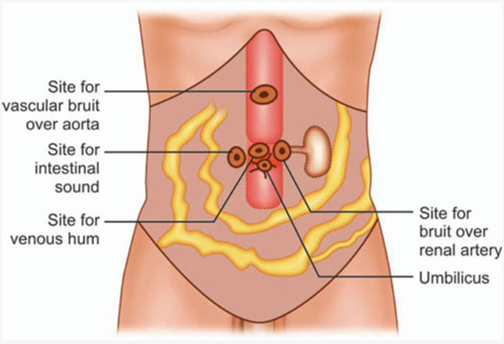The nurse is caring for a client scheduled for a cardiac stress test at 1100. When the nurse enters the client's room at 0800, the client requests toast or at least some coffee. What is the best response?
Explain that no food or drink is allowed for 4 hours before the stress test.
Ask the client's visitor to bring some coffee from the cafeteria for the client.
Make up a small breakfast tray from what is available on the unit.
Offer hot tea or coffee only.
The Correct Answer is A
The best response by the nurse would be to explain that no food or drink is allowed for 4 hours before the stress test.
The reason for this restriction is that consuming food or drink can affect the accuracy of the cardiac stress test results. Eating or drinking can increase heart rate and blood pressure, potentially altering the test's interpretation. It is important for the client to have an empty stomach to ensure accurate test results.
Let's review the other options and explain why they are not the best responses:
Asking the client's visitor to bring some coffee from the cafeteria for the client: This option goes against the restriction of no food or drink before the stress test. It is important to adhere to the guidelines provided to ensure accurate test results.
Making up a small breakfast tray from what is available on the unit: Similarly, providing breakfast to the client goes against the restriction of no food before the stress test. The client should have an empty stomach for the test.
Offering hot tea or coffee only: While hot tea or coffee might be tempting for the client, it still violates the requirement of no food or drink before the stress test. The client should only be allowed to consume water during the fasting period.
Nursing Test Bank
Naxlex Comprehensive Predictor Exams
Related Questions
Correct Answer is C
Explanation
Maintaining a 2 gram-sodium (salt) diet is an important aspect of managing hypertension. High sodium intake can contribute to elevated blood pressure. Therefore, reducing sodium intake is recommended to help control blood pressure levels. The nurse should provide guidance on reading food labels, avoiding high-sodium processed foods, and incorporating a diet rich in fruits, vegetables, and whole grains.
The other options listed are not appropriate or beneficial for managing hypertension:
Maintaining a low-potassium diet: Potassium is an essential mineral that helps regulate blood pressure. While specific potassium restrictions may be necessary for some individuals with certain medical conditions, most people with hypertension do not need to limit their potassium intake. In fact, a balanced diet with adequate potassium is generally recommended.
Skipping a medication dose if dizziness occurs: It is not advisable to skip medication doses without consulting a healthcare provider. Hypertension medications are prescribed to help control blood pressure, and missing doses can lead to uncontrolled hypertension and potential complications. If the client experiences dizziness or other side effects from the medication, they should consult their healthcare provider for appropriate management.
Drinking three glasses of wine a day: Excessive alcohol consumption can contribute to elevated blood pressure. The recommended alcohol intake for individuals with hypertension is moderate or limited to moderate levels, which typically means no more than one drink per day for women and two drinks per day for men. Drinking excessive amounts of wine or any alcoholic beverage can negatively affect blood pressure control.
Correct Answer is B
Explanation
A bruit is a sound that can be heard with a stethoscope when blood flows through a narrowed or damaged artery. An abdominal bruit may indicate an abdominal aortic aneurysm (AAA), which is a bulge or swelling in the main blood vessel that runs from the heart down through the chest and tummy.
Shortness of breath is a common symptom of many conditions, but it is not specific to AAA. It can be caused by heart or lung problems, anemia, anxiety, lack of exercise, obesity, and many other factors. Shortness of breath may occur with a ruptured AAA, but it is not a reliable sign of an intact AAA.
Ripping abdominal pain is a severe and sudden pain that may indicate a ruptured AAA, which is a life-threatening situation that requires immediate medical attention. However, an intact AAA usually does not cause any pain or discomfort. Therefore, ripping abdominal pain is not a good indicator of an AAA diagnosis.
Decreased urinary output is a sign of reduced kidney function, which can have many causes such as dehydration, kidney failure, urinary tract obstruction, or medication side effects. Decreased urinary output is not directly related to AAA, although it may occur as a complication of a ruptured AAA or surgery to repair an AAA.

Whether you are a student looking to ace your exams or a practicing nurse seeking to enhance your expertise , our nursing education contents will empower you with the confidence and competence to make a difference in the lives of patients and become a respected leader in the healthcare field.
Visit Naxlex, invest in your future and unlock endless possibilities with our unparalleled nursing education contents today
Report Wrong Answer on the Current Question
Do you disagree with the answer? If yes, what is your expected answer? Explain.
Kindly be descriptive with the issue you are facing.
